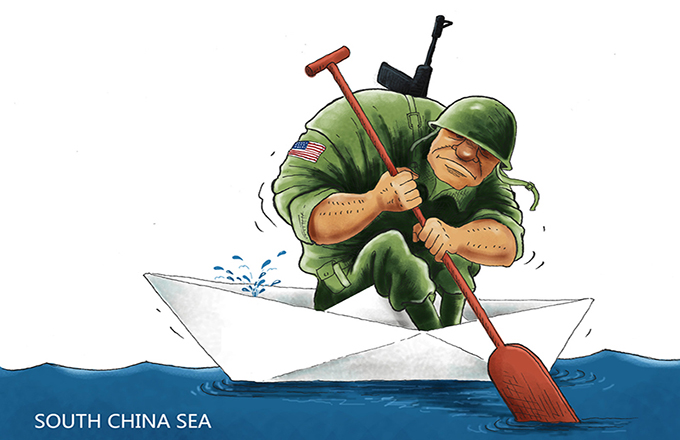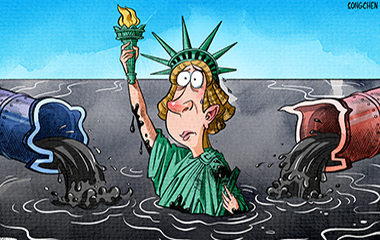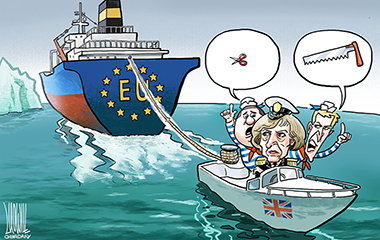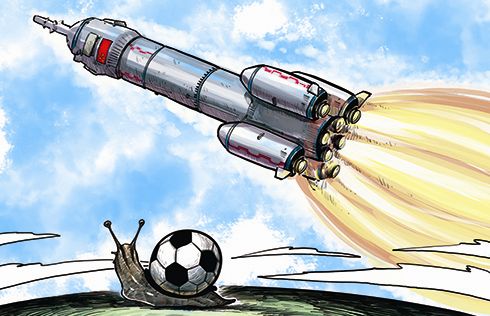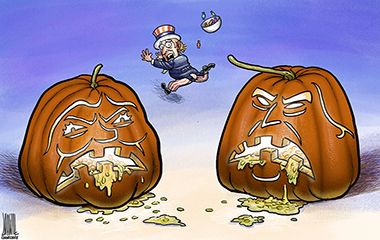Operational risk in Africa
Mali is already yesterday's news. In the United States at least, the focus has shifted from the French intervention in Mali to Algeria, where a hostage crisis ended with the reported death of 90 people, including 58 foreigners, earlier this month. Many multinational companies, including Shell, Rio Tinto and Huawei are recalibrating their involvement in African countries.
The causes of the brutal and sudden acts of violence can be broadly divided into two categories: unstructured actions led by angry mobs, and methodical actions by groups that have an ideological agenda and aim for longer term goals. The National Movement for the Liberation of Azawad, supported by Ansar Dine in Mali, is now among the most recognizable names in this new constellation of non-state actors. But al-Qaida Islamic Maghreb in North Africa, Boko Haram in Nigeria, Al Shaabab in Somalia and M23 in the eastern part of the Democratic Republic of Congo are also important players.
It is, therefore, not surprising that trepidation is what many investors feel when they contemplate investing in the African market. So, is Africa just a very unstable powder keg? No, according to companies based in the golden triangle of East Africa where businesses in the oil sector are thriving. Safety conditions, while admittedly not perfect, are a far cry from what companies established in Mali are experiencing nowadays (or in Cote d'Ivoire recently).
What signs should then the prudent investor look for? Unfortunately, there are no "hard and fast" rules to prevent situations from rapidly spiraling out of control. But certain precautions should be taken before considering investing in Africa.
Light investments such as in retail are the easiest ones from which to exit. The losses, while substantial, are usually not crippling. Losing an inventory and office equipment can be heart-breaking but is not of the same magnitude as the sunk cost of heavy infrastructure such as in the mining sector. The risk analysis process should hinge on understanding the political dynamics of the target country. There are other telltale signs that can potentially spell trouble. Here are a few of them.
First, massive unemployment among the youth can lead to feelings of being disenfranchised, like what happened in the "Arab Spring" (Tunisia, Algeria, Egypt, Libya). In addition, the more a society is perceived as ossified and stratified with little social mobility, the greater the incentive to disobey and vandalize.
Second, in countries where inflation is a direct consequence of external factors, such as in the case of energy imports or structural adjustment plans, the government has little room to prevent its impact on basic consumption needs. This has led to riots in numerous African countries, including Egypt. Combined with the inability of local governments to provide the three basic needs - food, education and security - as in the Horn of Africa and a perfect storm could be brewing.
Third, to complicate matters, political jockeying by factions or tribal groups to remain in power at all costs creates cynicism and disenfranchisement. For example, drowning the voices of the opposition by creating fake political parties that would have equal airtime to praise the status quo and the incumbent government is one such tactic. This increases the feeling that the political process is dysfunctional, forcing the population to take to the streets. And this has been a blessing for al-Qaida, which has spawned several offshoots in African Muslim countries.


